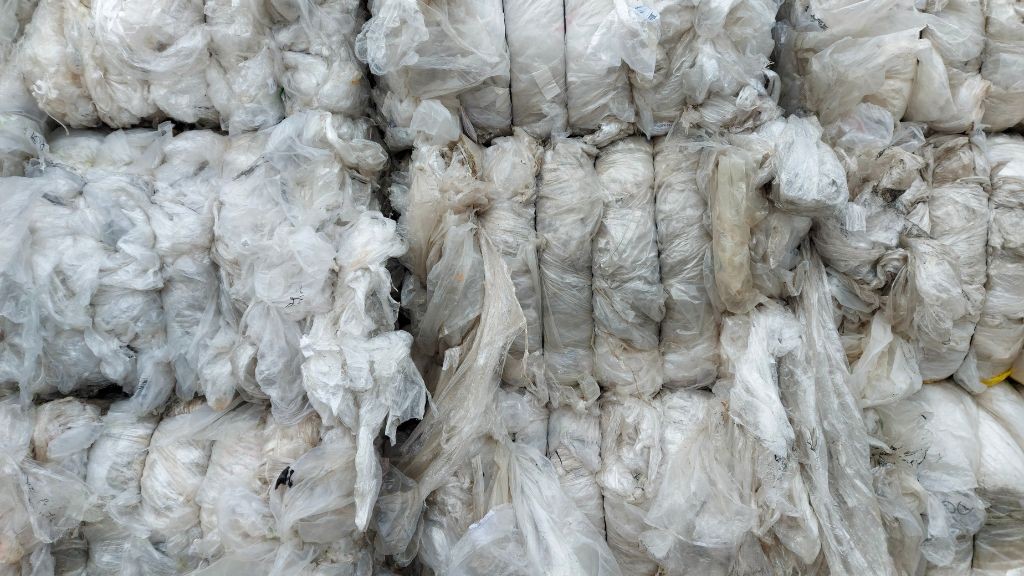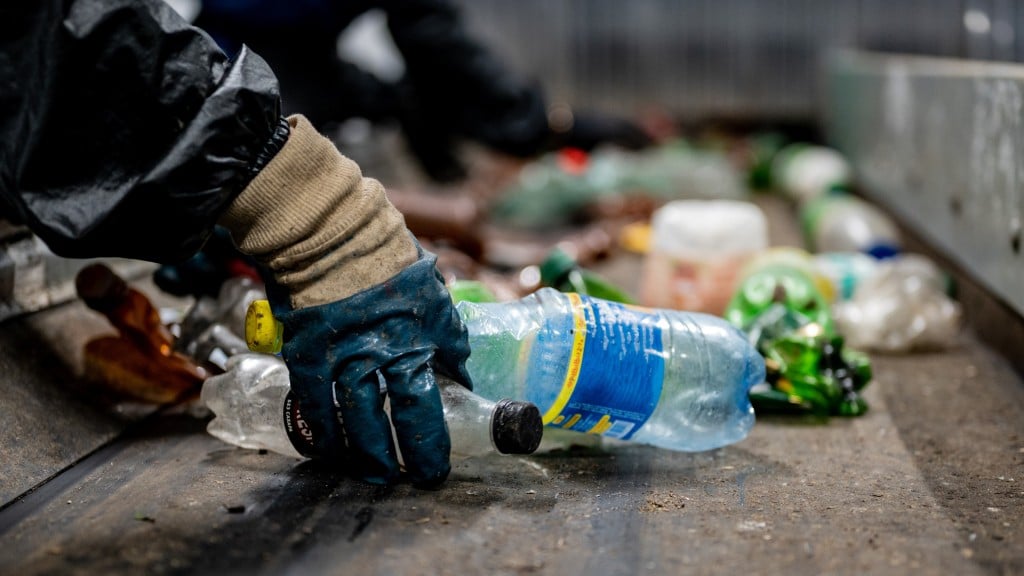Lindner and EREMA target end-to-end process optimization in plastics recycling
Process integration, smart controls, and performance monitoring drive next-gen plant design ahead of K 2025

In August 2023, two Austrian family-run companies, Lindner Holding and the EREMA Group, founded the joint venture BLUEONE Solutions with the objective of bringing the entire technological recycling process closer together, from shredding, sorting, washing, and drying to extrusion while optimizing the process along the value chain.
By combining expertise, Lindner and EREMA have created the basis for a new way of optimizing the process with the ultimate goal of setting new standards in plastics recycling. After the first successful quick wins, which were presented at the IFAT and PRS Europe last year, the partners will present their new developments at K 2025. These developments redefine the process behind plastics recycling, especially in terms of energy efficiency, throughput, plant design, and recycling quality.
Integrated plant design for defined throughput
The capacity of individual components plays a minor role when designing recycling plants. The focus is on the precise interplay of the entire process chain, from shredding and sorting to washing and drying to extrusion and post-processing. To reliably produce the desired quantity of recyclate at the required quality, it's important to consider the entire process chain. In particular, how material losses and rejection quantities during the recycling process impact the final output.
A jointly developed model by Lindner Washtech and EREMA enables the precise design of a plant according to the required total throughput, taking into account the specific output and materials from raw materials to the final recyclate.
Intelligent energy efficiency
The efficient use of spent energy is one of many challenges in the recycling process, and it particularly affects the transition from drying to extrusion. This is precisely where a common control concept between the bunker silo and extruder comes into play. Dynamic system synchronization allows operators to specifically control the dwell time of the dried material as well as the extruder loading. For example, the automatic signal exchange ensures that the pre-conditioning unit receives an optimum quantity of flakes at the ideal temperature, which significantly reduces the energy required for heating, for example.
Smooth and automated material flow regulation
Low downtimes are vital for productivity and energy use to conserve resources. The solution: a combined control concept. The system will automatically detect if the recycling process is interrupted by scheduled maintenance work, filter changes, or the need to remove contaminants from the shredder. Intelligent control parameters will keep the recycling process stable until maintenance is complete. This method effectively prevents energy losses, unnecessary material waste, and unplanned downtime. Once the material flow has been fully restored, the line automatically and seamlessly ramps up, ensuring consistent and high-quality granulate production at all times.
Smart performance monitoring
Lindner Washtech and EREMA have added another jointly developed feature to analyze and monitor overall performance: a process-oriented HMI dashboard that displays all the critical plant parameters in real-time. This adaptive interface supplies operating personnel with information about the current utilization, likely bottlenecks, and the potential for optimization. Operators can then use this information to respond to the specific issue and monitor the automatic intervention. The integrated transparency supports a stable, data-driven plant operation, forming the basis for future automated interventions and condition-based maintenance.
The development of integrated, data-driven, and holistic process solutions are key milestone in the strategic collaboration of Lindner Washtech and EREMA. A strong shared foundation has been created with the foundation of this joint venture. At K 2025 in Düsseldorf, the partners will focus on key themes such as integrated plant concepts, smooth material flow regulation, smart monitoring, and data-driven, intelligent control systems, for maximum process control and optimization along the entire value-added chain and for new process and quality standards in plastics recycling: Innovating the standards in plastics recycling.




